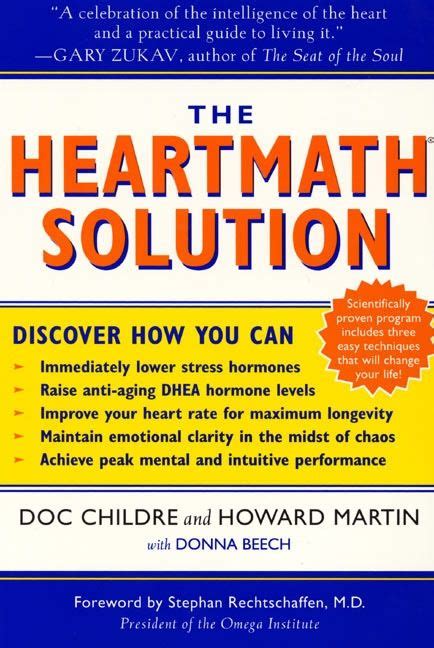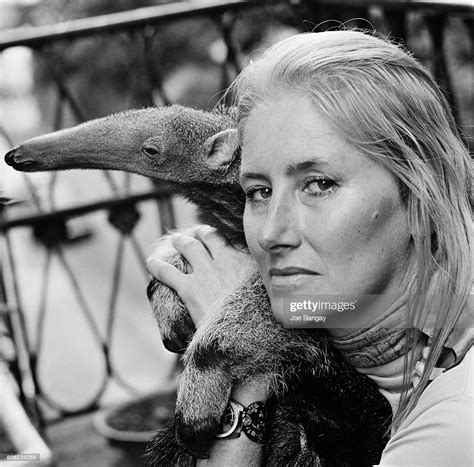A Quote by Rebecca West
We think in youth that our bodies are identical to ourselves and have the same interests, but discover later in life that they are heartless companions who have been accidentally yoked with us, and who are as likely as not, in our extreme sickness or old age, to treat us with less mercy than we would have received at the hands of the worst bandits.
Related Quotes
Theologians talk about a prevenient grace that precedes grace itself and allows us to accept it. I think there must also be a prevenient courage that allows us to be brave - that is, to acknowledge that there is more beauty than our eyes can bear, that precious things have been put into our hands and to do nothing to honor them is to do great harm. And therefore, this courage allows us, as the old men said, to make ourselves useful. It allows us to be generous, which is another way of saying exactly the same thing.
True piety admits no other rule than that whatsoever things have been faithfully received from our fathers the same are to be faithfully consigned to our children; and that it is our duty, not to lead religion whither we would, but rather to follow religion whither it leads; and that it is the part of Christian modesty and gravity not to hand down our own beliefs or observances to those who come after us, but to preserve and keep what we have received from those who went before us.
True friends see who we really are, hear our words and the feelings behind them, hold us in the safe harbor of their embrace, and accept us as we are. Good friends mirror our best back to us, forgive us our worst, and believe we will evolve into wise, wacky, and wonderful old people. Dear friends give us their undivided attention, encourage us to laugh, and entice us into silliness. And we do the same for them. A true friend gives us the courage to be ourselves because he or she is with us always and in all ways. In the safety of such friendships, our hearts can fully open.
It consists in a watchful, minute attention to the particulars of our state, and to the multitude of God's gifts, taken one by one. It fills us with a consciousness that God loves and cares for us, even to the least event and smallest need of life; and that we actually have received, and do now possess as our own, gifts which come direct from God. It is a blessed thought, that from our childhood God has been laying His fatherly hands upon us, and always in benediction; that even the strokes of his hands are blessings, and among the chiefest we have ever received.
Are we our bodies? Is a small person less than a big person, then? If we were our bodies, then when we lost an arm, or a leg, would we be less, would we begin to fade from existence? No. We are the same person. We are not our bodies; we are our thoughts. As they form, they define who we are, and create the reality of our existence.
Managing our emotions increases intuition and clarity. It helps us self-regulate our brain chemicals and internal hormones. It gives us natural highs, the real fountain of youth we've been searching for. It enables us to drink from elixirs locked within our cells, just waiting for us to discover them.
It is our genetic nature as a species to believe as young children that our parents and elders are right. We watch them to see what's what. Later on we can judge for ourselves and rebel if need be, but when we're just months old, or a year or two, and a parent looks at us with impatience, or disgust, or disdain, or just leaves us there to cry and doesn't answer us even though we're longing to be embraced and nurtured, we assume that something must be wrong with us. Unfortunately, at that age it's impossible to think there might be something wrong with them.
Books are a guide in youth, and an entertainment for age. They support us under solitude, and keep us from being a burden to ourselves. They help us to forget the crossness of men and things, compose our cares and our passions, and lay our disappointments asleep. When we are weary of the living, we may repair to the dead, who have nothing of peevishness, pride or design in their conversation.
Demons frighten us because we set ourselves up to be frightened. We are overly attached to our reputations and possessions. When we love and desire what we should be rejecting, we are in conflict with our true selves. That's when the negative energies catch us and use our weapons against us. Instead of taking up what we have to defend ourselves, we put our swords in the hands of our enemies and make them attack us.
Consequential strangers help us stretch beyond the relatively rigid boxes that the people who have known us the longest - our family and close friends - often put us into. Through interacting with people who do not know us as well, we are more free to experiment with ourselves, and less likely to have our new behaviors and roles reflected back to us by people who object, 'But that's not like you!'
We usually do pay attention to our outer appearance, typically noticing whatever part of our bodies we are unhappy about. It behooves us, however, to get on very good terms with more than just the surface of our bodies as we grow older; for if we don't listen to our bodies and pay attention to our physical needs and pleasures, this vehicle that we need to be running well to take us into a long and comfortable life, will limit what we can do and who we become.



































